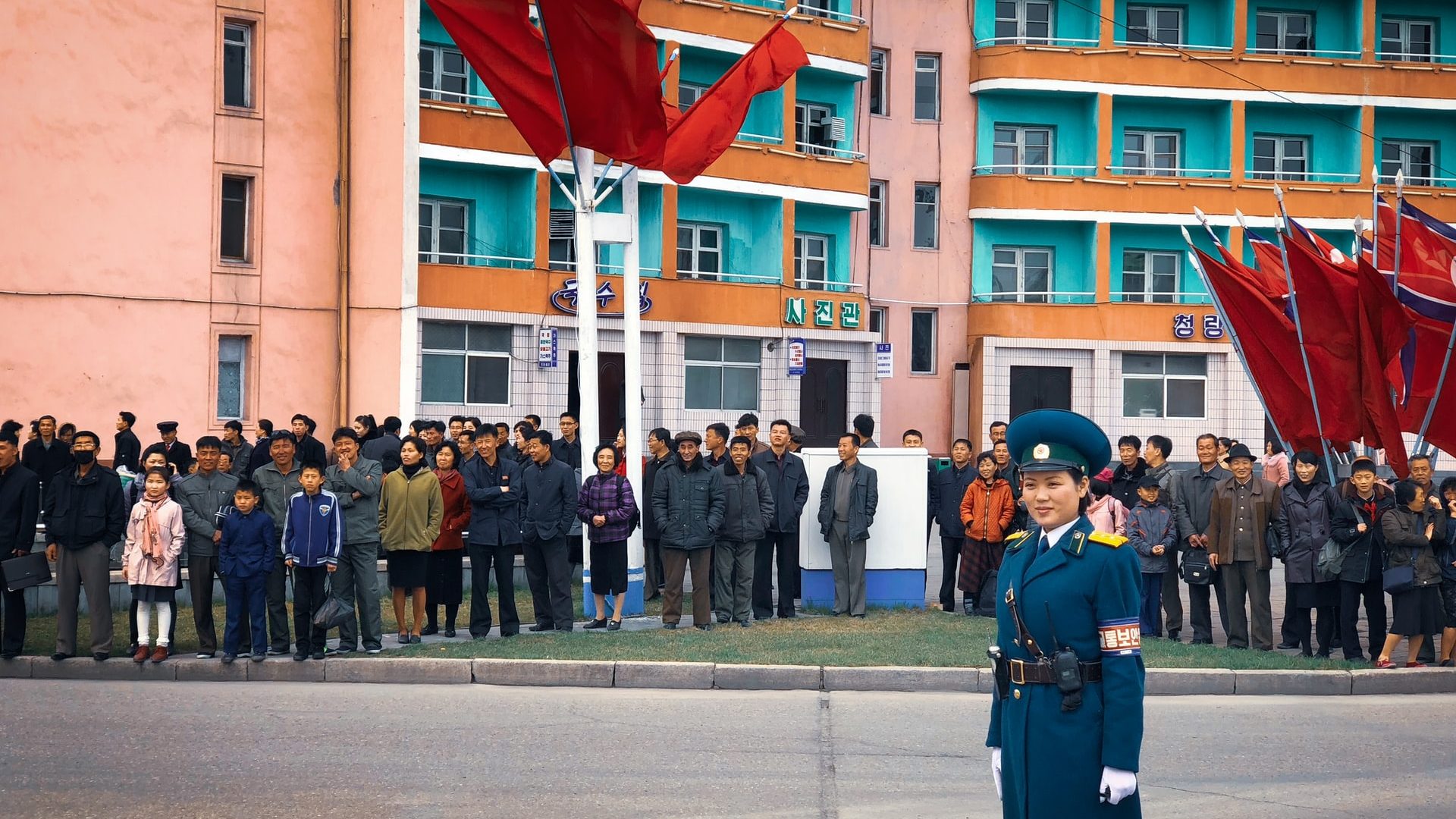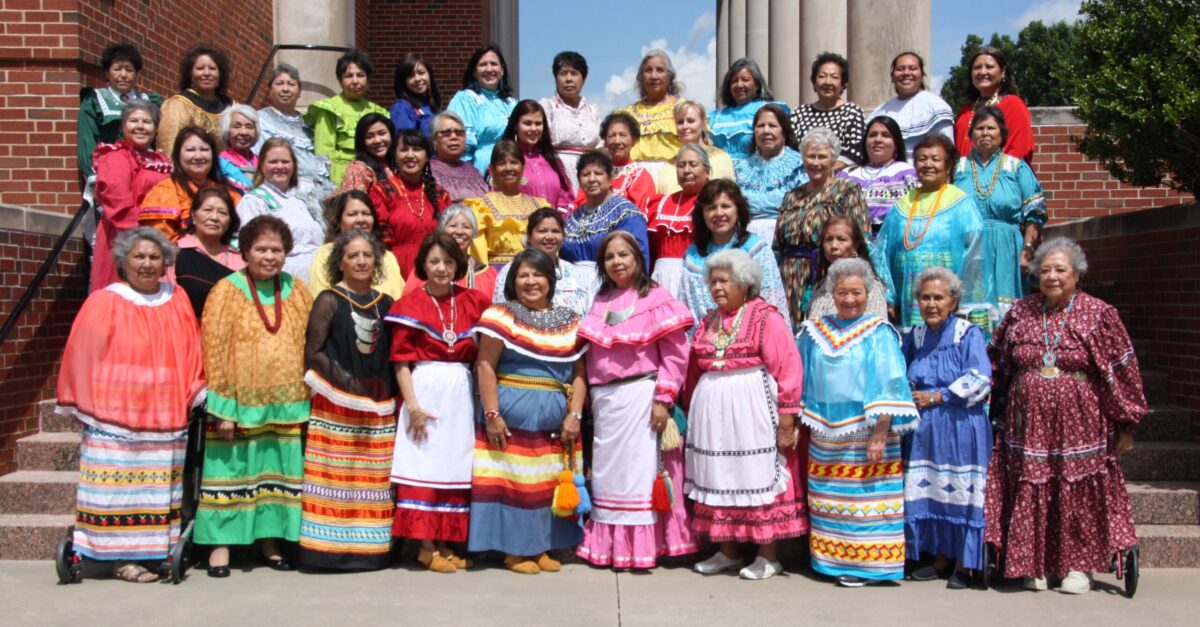Human dignity and the basic rights inherent to every individual are precious and should be protected. Unfortunately, in many parts of the world, this is far from the case — and in egregious ways. While there were encouraging events at the end of last year in the United States, citizens of other countries were subjected to persecution, assault and death. Below are 10 significant human rights events around the world that you should be aware of.
United States: New ambassador-at-large for international religious freedom
The Senate recently confirmed Rashad Hussain to the post of ambassador-at-large for International Religious Freedom in a vote of 85-5. Hussain garnered support from a wide range of religious liberty advocates including the Religious Freedom Institute, Open Doors and past members of United States Commission on International Religious Freedom including former chairs, Katrina Lantos-Swett and Robert George, as well as former ambassador, Sam Brownback. Hussain makes history as the first Muslim nominated and confirmed to the position. He fills a vacancy at a crucial time as religious rights are threatened around the globe.
Brent Leatherwood, acting president of the Ethics & Religious Liberty Commission, noted the important role this position plays for this fundamental right: “I want to congratulate Mr. Hussain on his confirmation to this important and crucial role for America’s diplomatic efforts. We are praying for his success, and we are eager to work with him. Religious freedom is under assault around the globe and his position is vital to confronting those who would undermine this fundamental right.”
One of the early tests for Hussain will be confronting China on the atrocities being carried out against the Uyghur people. In mid-December, the U.S. House and Senate voted to pass a bill that would ban all imports from the Chinese region of Xinjiang unless the U.S. government determines the products were not made with forced labor. President Joe Biden has signaled that he will sign the bill. “We have been clear,” said White House press secretary Jen Psaki, “that we share Congress’ view that action must be taken to hold the [People’s Republic of China] accountable for its human rights abuses and to address forced labor in Xinjiang.”
Unfortunately, the genocidal treatment of religious minorities in China is but one of the major violations of human rights to occur in 2021.
Myanmar: Military coup results in the deaths of hundreds of citizens
In February, the Myanmar military took control of the country and declared a year-long state of emergency following a general election that Suu Kyi and her National League for Democracy party won by a landslide. The military, which backed the opposition, claimed election fraud, though the election commission found no evidence to support that accusation. When civilians protested, the military responded by imposing a brutal crackdown that killed hundreds of people.
Belarus: Government crackdown on peaceful protests
Peaceful protests that followed a contested election in August of 2020 were met by a harsh government response. The U.N. High Commissioner for Human Rights said she continued to be alarmed by “persistent allegations” of “widespread and systematic torture” of protesters in the European nation. According to Human Rights Watch, protestors who were detained by the government described “beatings, prolonged stress positions, electric shocks and in at least one case, rape. Some had serious injuries, including broken bones, skin wounds, electrical burns or mild traumatic brain injuries.”
Democratic Republic of the Congo: Attacks on civilians by armed groups and government forces
An alarming number of human rights abuses have been carried out against civilians last year by armed groups in eastern Democratic Republic of the Congo, says U.N. Refugee Agency. In the two most affected provinces of North Kivu and Ituri, UNHCR and its partners recorded more than 1,200 civilian deaths and 1,100 rapes, constituting a total of 25,000 human rights abuses. In total, more than a million Congolese have been internally displaced in the eastern part of the country.
Afghanistan: Taliban takeover results in large number of civilian deaths
According to the U.N. Assistance Mission in Afghanistan, the Taliban were responsible for 45% of attacks that caused civilian deaths and injuries in the first nine months of 2020. Since the takeover by the Taliban in 2021, abductions and targeted killings of politicians, government employees and other civilians have increased significantly.
Ethiopia: Underage girls sexually assaulted to terrorize ethnic minorities
Widespread sexual and gender-based violence in northern Ethiopia “constitute some of the most egregious violations of human rights and humanitarian law” said human rights experts. From November 2020 through June 2021, some 2,204 survivors reported sexual violence to health facilities across the Tigray region. From 50% to 90% of the reported victims have been underage girls. “They appear to have been used as part of a deliberate strategy to terrorize, degrade and humiliate the victims and the ethnic minority group they belong to with acquiescence of the State and non-State actors’ parties to the conflict,” said experts appointed by the U.N.
Mexico: Over 95,000 registered as disappeared
More than 95,000 people have been officially registered as disappeared in Mexico, according to a U.N. committee. That number includes an increasing number of women and children, who are particularly vulnerable to being trafficked. The committee notes there are “scenarios of collusion between State agents and organized crime,” with some enforced disappearances “committed directly by State agents.”
Burundi: Political opposition leads to beatings, arrest, torture and killings
The people of Burundi continue to endure serious human rights violations including possible crimes against humanity, report U.N.-appointed independent investigators. President Evariste Ndayishimiye had pledged to address the situation in the country after years of violent repression. But according to Human Rights Watch, killings, enforced disappearances, arbitrary arrests, beatings, extortion and intimidation persisted against people perceived to be against the ruling party.
Somalia: Sexual violence against women increased by 80%
There has been an 80% increase in sexual violence in Somalia, according to two reports last year by the United Nations. The reports (the Report of the Secretary-General on Children and Armed Conflict and the Report of the Secretary-General on Sexual Violence in Conflict) documented that in 2020, 400 civilians, primarily girls, were victims of rape and other forms of sexual violence. More than 100 cases of sexual violence against girls were verified in the first quarter of 2021. Perpetrators often exploited the vulnerability of displaced girls, targeting them when they left camps to perform domestic chores, the reports noted.
North Korea: Citizens executed for watching K-pop
The Transitional Justice Working Group says North Korea has executed some of its citizens for watching videos of K-pop music (i.e., Korean pop music from South Korea). Kim Jong Un had previously made it illegal to possess or distribute entertainment from South Korea, with violations punishable by death. Most of the executions occurred between 2012 and 2014, but the number of unreported killings is likely to be higher. News from inside North Korea often comes to the West years later, so similar incidents are believed to have occurred in 2021.
EDITOR’S NOTE — This article was originally published on the Ethics & Religious Liberty Commission website.








